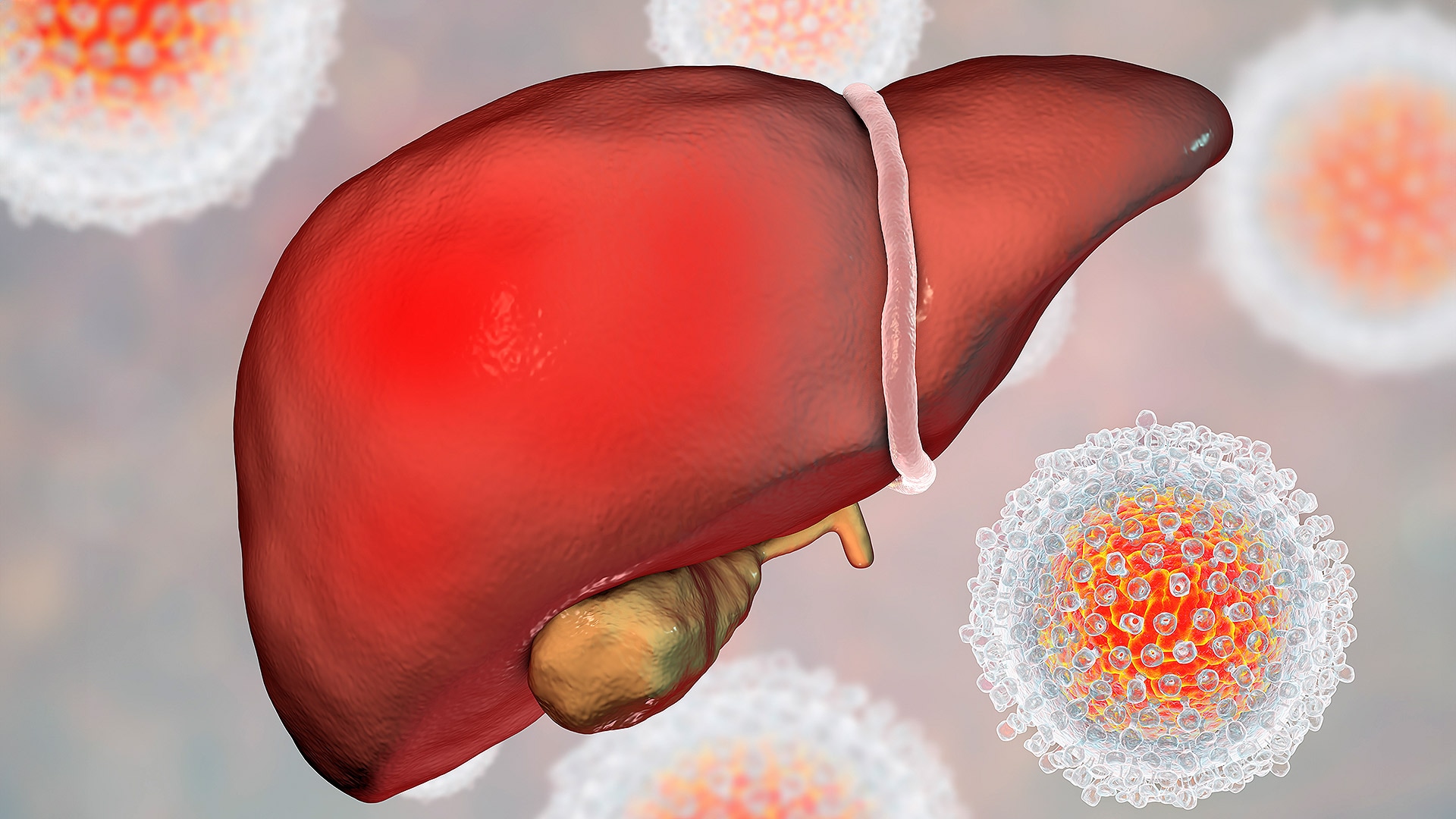Takeaway
- Successful antiviral therapy is essential for improving long-term patient and graft survival among HCV+ kidney transplant recipients.
Why this matters
- Widespread use of nucleos(t)ide analogs has normalized prognosis in HBV+ recipients.
- HCV direct-acting antiviral (DAA) regimens should be systematically proposed before/after transplant.
Study design
- French CRISTAL database study involving 31,433 kidney transplant recipients; 1060 were HCV+, 575 were HBV+, and 29,798 had no viral hepatitis (control patients).
- Funding: Hospital-Based Clinical Research Program, ANRS.
Key results
- 10-year survival was lower in HCV+ patients (71.3%) vs HBV+ patients (81.2%; P=.0004) and control patients (82.7%; P<.0001).
- 10-year graft survival was lower in HCV+ patients (50.6%) vs HBV+ patients (62.3%; P<.0001) and control patients (64.7%; P<.0001).
- Among noncirrhotic patients, absence of viral replication was tied to higher 10-year survival (HR=2.5; 95% CI, 1.3-4.9) and graft survival (HR=1.69; 95% CI, 1.1-2.6).
- A random analysis of patient data (HBV, n=184; HCV, n=504) showed virologic suppression in 94.0% of HBV cases and 35.0% of HCV cases.
- In matched case-control analysis:
- Detectable HCV RNA predicted poorer 10-year survival (HR=1.61; P=.004) and graft survival (HR=1.31; P=.01).
- Undetectable HCV RNA yielded higher 10-year survival (HR=0.50; P=.04) and similar 10-year graft survival (P=.30).
Limitations
- Antiviral efficacy not captured.
- Conducted prior to DAA era (1993-2010).
References
References



